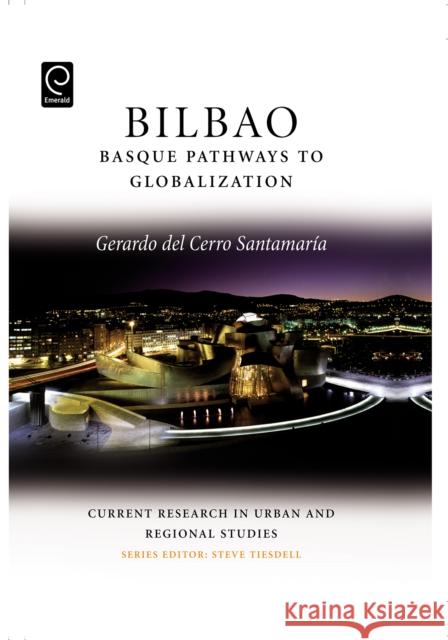Bilbao: Basque Pathways to Globalization » książka
Bilbao: Basque Pathways to Globalization
ISBN-13: 9780080453248 / Angielski / Twarda / 2006 / 242 str.
The gleaming Guggenheim Museum Bilbao has put the Basque capital on the map of world cities and has exacerbated optimism among public officials worldwide about the role of spectacular architecture in urban renewal. This book - a theoretically-informed case study and a major synthesis of Bilbaos developments through the lens of globalization analyzes the Guggenheim project as the latest of Bilbaos globalization efforts, puts the project in the context of Bilbaos decades-long transformation and contends that Bilbaos positive economic performance since 1994 is not fundamentally due to the success of Frank Gehry's building, but rather to a complex array of causal processes that must be understood in the context of Bilbaos connections with the world economy and a changing world-system. The author argues that globalization processes in Bilbao are as old as the city itself and that the role of the State must be taken into account in order to explain the city's changing fortunes throughout the years. Globalization itself ought to be understood as a complex and variable network-like process with multiscalar nodes, an approach which is carefully theorized and empirically developed in this book. This is a volume in the "Current Research in Urban and Regional Studies Series." It takes into consideration Bilbao's social history and the complex relationships between local and global entities (regionalism v. state). It provides a socioeconomic analysis of the "Bilbao Effect."











